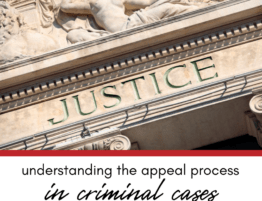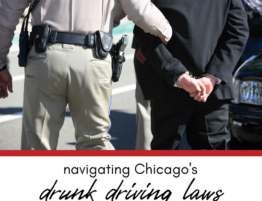
The state of Illinois has two types of courts for trying crimes: juvenile court, and a court for everyone else.
However, just being under the age of 18, which makes you a minor, doesn’t necessarily make you a juvenile under Illinois law. Your criminal defense lawyer will be able to explain how the law applies in your specific situation, but here’s what you need to know.
What Makes You a Juvenile (and Puts You in the Juvenile Court System) in Chicago?
Will I be tried as a juvenile in Chicago?
Two factors determine whether you’re tried in juvenile court or adult court: the type of criminal offense (whether it’s a misdemeanor or a felony) and your age at the time you allegedly committed the offense.
Misdemeanors as a Juvenile
If you commit a misdemeanor when you’re aged 17 or younger, you’re considered a juvenile.
Felonies as a Juvenile
If you commit a felony when you’re aged 16 or younger, you may be considered a juvenile. If you are not tried as a juvenile—if the courts determine that you should be tried as an adult instead—your case will proceed just the way it would if you were over the age of 18.
Let’s Talk About Youth Officers
If a juvenile is arrested in Chicago or the surrounding communities, the police must make a “reasonable attempt” to contact his or her parents or legal guardians. However, police can also appoint a “responsible adult” to be present during questioning if a parent or guardian can’t be there; in many cases, this is a person known as a “youth officer.”
A youth officer’s job is to look out for the juvenile’s best interest, but it’s important to remember that the youth officer is still a police officer—and he or she often collects evidence that can be used against the juvenile in court.
Do You Need to Talk to a Criminal Defense Lawyer About a Juvenile Case?
If you need to talk to an experienced criminal defense lawyer about a juvenile case, call us immediately at 847-920-4540 for a free juvenile case review. We may be able to help you.










Write a comment: